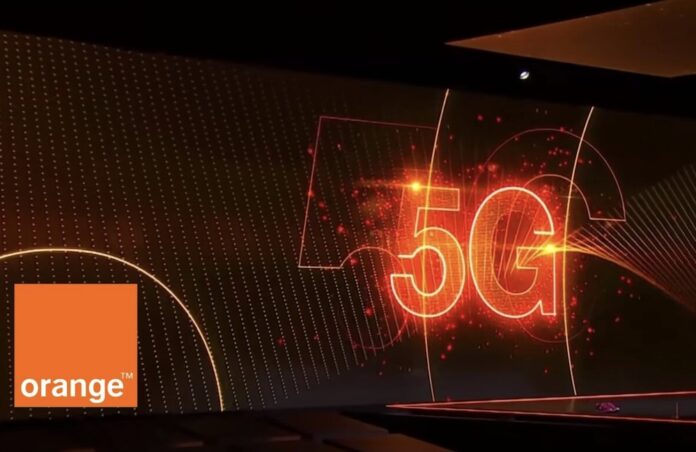Orange Morocco is ramping up its move toward next-generation connectivity with a bold strategy: taking full control of its technological backbone. In a major step forward, the telecom company has announced a deepened partnership with Ericsson aimed at overhauling its entire core network. The goal is clear—deploy a fully autonomous 5G system, breaking away from transitional models that still rely heavily on 4G infrastructure.
At the heart of the project lies Ericsson’s Dual Mode 5G Core, combined with a cloud-native architecture designed to handle the most demanding digital use cases. From connected factories and smart cities to real-time gaming and the Internet of Things, the new system is built to meet the evolving needs of both consumers and industries. This ambitious upgrade also aligns with the objectives of Morocco’s Digital 2030 strategy, which aims to deliver world-class, scalable, and reliable connectivity nationwide.
Orange Morocco is expected to roll out its first 5G commercial offers as early as November, just ahead of the Africa Cup of Nations. The deployment will unfold in phases, beginning in major urban areas. The company is targeting 70 percent population coverage by 2030, a figure that matches projections from the national telecom regulator, ANRT. The regulator is also preparing to tighten its requirements, introducing new service quality benchmarks and expanding coverage mandates—particularly in innovation zones and industrial hubs.
This strategic alliance with Ericsson isn’t a new development—it’s an extension of a long-standing collaboration that stretches back over 20 years. That relationship has laid the groundwork for Orange to leap into fully independent 5G, which promises greater efficiency, lower latency, and increased network flexibility. These benefits are critical for advanced applications such as telemedicine, smart infrastructure, and real-time logistics management.
Meanwhile, infrastructure-sharing agreements between other telecom players like IAM and Inwi—focused on passive infrastructure—won’t interfere with the licensing process. All operators will have equal access, as these partnerships don’t factor into the ANRT’s evaluation criteria.
With nearly 19 million subscribers, Orange Morocco is positioning itself as a driving force in the country’s digital transformation. By betting big on standalone 5G, the company is signaling a long-term commitment to cutting-edge technology and setting the stage for a more connected future.
